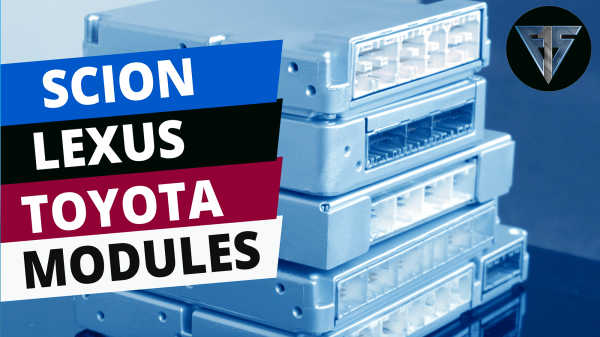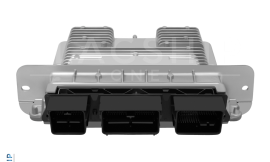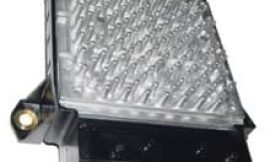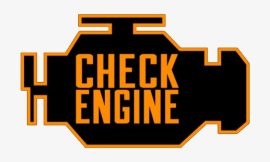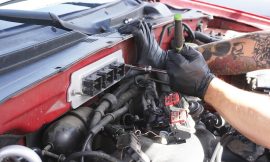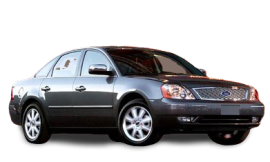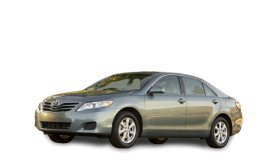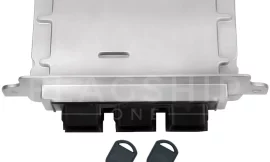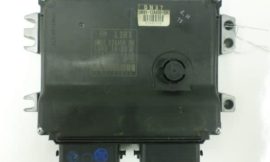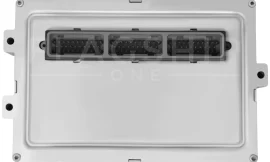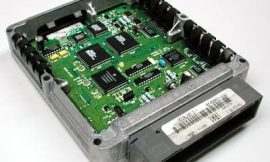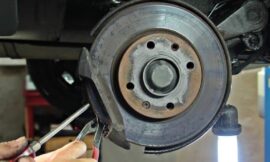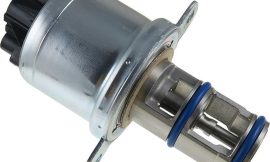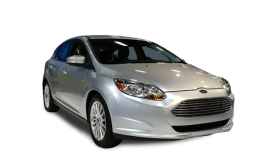Last updated on March 29th, 2022 at 10:15 pm
2004 Toyota Camry is a midsize front-wheel-drive family sedan with improved features compared to those of its predecessors. The Camry Le has a 2.4 liter 4-cylindrical V6 engine of 157 horsepower has a 5-speed automatic transmission. Upscale exterior styling, sporty fog lights, and spacious interior car seats are improvements made on this Toyota Camry Sedan. The driver’s seat is designed to accommodate both tall and short drivers. The car buyers say that it comes with power front seats, climate control systems, power windows, keyless entry, leather-wrapped steering wheel, and brushed-chrome interior trim.
Car research reports show that the Toyota Camry car comes with improved safety features. Front seat impact airbags, rear-seat curtain airbags, quality seat belts, and antilock brakes are features that offer safe drives to the Camry drivers. However, this model is associated with several car problems. Some of the raised concerns include exhaust system problems, cracked rear window panels, wind noise, and wheel bearing problems.
Major 2004 Toyota Camry Problems
The Toyota Camry XLE is a refined, comfortable, reliable, and quiet trim that offers a pleasant driving experience. It offers a quality CD player sound system, plenty of safety features, high resale value, and strong vehicle overall reliability. However, it is associated with several issues. These issues affect vehicle parts like ball joints, flex pipe, motor mounts, engine lights, and tire rods.
Toyota Camry Le vehicle owners also complain about its high prices compared to other midsize cars of its class and high repair costs. Below are some of the main 2004 Toyota Camry issues.
- Excessive Oil Consumptions
Toyota Camry car owners claim that this model’s engine burns oil at a rapid rate, requiring oil change or refill after low mileage coverage. Oil leaking, engine mounts defects, exhaust system issues, and poor car performance could cause excessive oil consumption. Checking oil levels, replacing oil pistons, and rebuilding the engine are some of the measures that you can take to fix this issue.
- Brake Pedal Problems
Brake malfunction is one of the issues associated with Toyota Camry models and can be caused by a faulty actuator, ABS module brake pads, electric system, or cylinders. Signs of faulty brakes include intermittent brake failure, brake light warning, soft brake pedal or stiff brake pedals, and car shakes. When you find your sports car has such issues, do not drive it. Instead, call your mechanic for a comprehensive diagnosis and brake pedals replacement.
- Recurrent Transmission Problems
Transmission issues are some of the major issues affecting many models, not only the Toyota 4dr sedan. Transmission slips, erratic acceleration and decelerations, gear shifts, delayed gear engagement, and rough idle are common signs of transmission failures. It is advisable to wait for Toyota vehicle recalling on default transmission to rectify such issues. You may also opt to take your drive system to a Toyota dealership for torque converter needle bearing, solenoid, clutch, or seal repair and replacement.
- Air Conditioning Problems
Problems with the air conditioner system can be noted when the car starts getting too hot or cold even when you turn off your car’s AC system. The problem mostly occurs due to radiator problems. The issue can be fixed by replacing the thermostat housing or changing the whole air conditioning system.
- Engine Issues
Some of the common signs of engine problems are coolant leaks, broken oxygen light, check engine light warning, fuel system defaults, quarts of oil, and poor air compression. You can fix this issues by changing coolant oil and giving your wheel drive regular maintenance.
- Wind Noises Problems
Cracked window panels are the main causes of this issue. When the car moves down the road, a pressure difference is created between the interior and exterior air. The interior air tries to escape to the outside, and the unpleasant noise is heard instead. The best option is to replace the window panels or wait for Toyota recalls on cracked panels.
- Uneven Tire Wear
The 2004 Toyota Camry tires are prone to normal wear and tear. However, the uneven tire wear and tear are mostly caused by over-inflation, under-inflation, or improper wheel alignment. Checking your vehicle’s gas levels and wheel alignment may help to minimize this occurrence.
Conclusion
For years, Toyota SUVs have been the choice for many car drivers and families. The 2004 Camry Sport is said to be a reliable car as it offers a smooth ride and is gas efficient. The body of the car has also received positive customer reviews. Further, the sports car offers a competitive fuel economy as it covers 150k miles per gallon.
Though the car runs smoothly, it has many problems that the manufacturer needs to address. Some of the problems affect parts of the drive system parts such as rear struts, motor mounts, head gaskets, and valve covers.
FAQ’s About the 2004 Toyota Camry
Yes. Most Toyota owners say that Toyota is a dependable car because of the truck space, safety, luxury characteristics, and high resale value. It also has a positive reputation for reliability.
With regular maintenance, the 2004 Toyota Camry can go past 200 thousand miles before issues start to pop. However, with little maintenance, the car cannot last past 65k miles.
The car research shows that there are three years Camry one should not buy. These are the 2007, 2008, and 2009 categories. Engine defects and excessive oil burning are the main problems associated with these models.
An independent survey report shows that Toyota Camry could last beyond 200,000 gas mileage. The mileage increases with good car maintenance, but reduces with poor maintenance.



